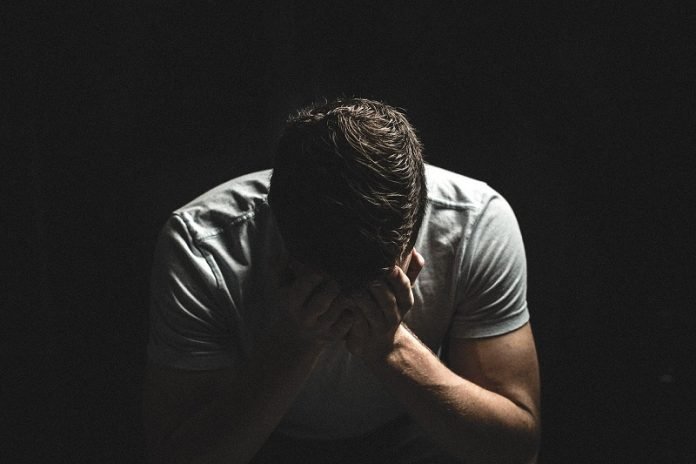
In a new study, researchers found that two doses of the psychedelic substance psilocybin, given with supportive psychotherapy, produced rapid and large reductions in depressive symptoms.
They found most participants showing improvement and half of study participants achieving remission through the four-week follow-up.
The findings suggest that psilocybin may be effective in the much wider population of patients who suffer from major depression than previously appreciated.
The research was conducted by Johns Hopkins Medicine scientists.
A compound found in so-called magic mushrooms, psilocybin produces visual and auditory hallucinations and profound changes in consciousness over a few hours after ingestion.
In 2016, the researchers first reported that treatment with psilocybin under psychologically supported conditions strongly relieved existential anxiety and depression in people with a life-threatening cancer diagnosis.
For the new study, the researchers recruited 24 people with a long-term documented history of depression, most of whom experienced persisting symptoms for approximately two years before enrolling in the study.
Participants had to taper off any antidepressants prior to the study with the help of their personal physician to ensure safe exposure to this experimental treatment.
Thirteen participants received the psilocybin treatment immediately after recruitment and after preparation sessions, and 11 participants received the same preparation and treatment after an eight-week delay.
Treatment consisted of two psilocybin doses given by two clinical monitors who provided guidance and reassurance.
The doses were given two weeks apart between August 2017 and April 2019.
Each treatment session lasted approximately five hours, with the participant lying on a couch wearing eyeshades and headphones that played music, in the presence of the monitors.
All participants were given the GRID-Hamilton Depression Rating Scale—a standard depression assessment tool—upon enrollment, and at one and four weeks following completion of their treatment.
On the scale, a score of 24 or more indicates severe depression, 17-23 moderate depression, 8-16 mild depression, and 7 or less no depression.
At enrollment, participants had an average depression scale rating of 23, but one week and four weeks after treatment, they had an average depression scale score of 8.
After treatment, most participants showed a substantial decrease in their symptoms, and almost half were in remission from depression at the follow-up.
Participants in the delayed group didn’t show decreases in their symptoms before receiving the psilocybin treatment.
For the entire group of 24 participants, 67% showed a more than 50% reduction in depression symptoms at the one-week follow-up and 71% at the four-week follow-up.
Overall, four weeks post-treatment, 54% of participants were considered in remission—meaning they no longer qualified as being depressed.
This study offers a critically important proof of concept for the medical approval of psilocybin for the treatment of depression.
The researchers say they will follow the participants for a year after the study to see how long the antidepressant effects of the psilocybin treatment last and will report their findings in a later publication.
According to the National Institute of Mental Health, more than 17 million people in the U.S. and 300 million people worldwide have experienced major depression.
One author of the study is Alan Davis, Ph.D., an adjunct assistant professor of psychiatry and behavioral sciences.
The study is published in JAMA Psychiatry.
Copyright © 2020 Knowridge Science Report. All rights reserved.



